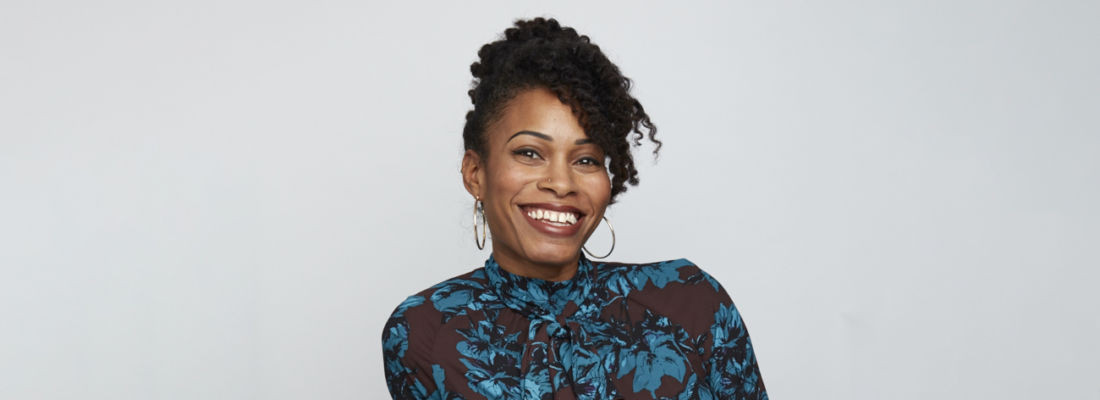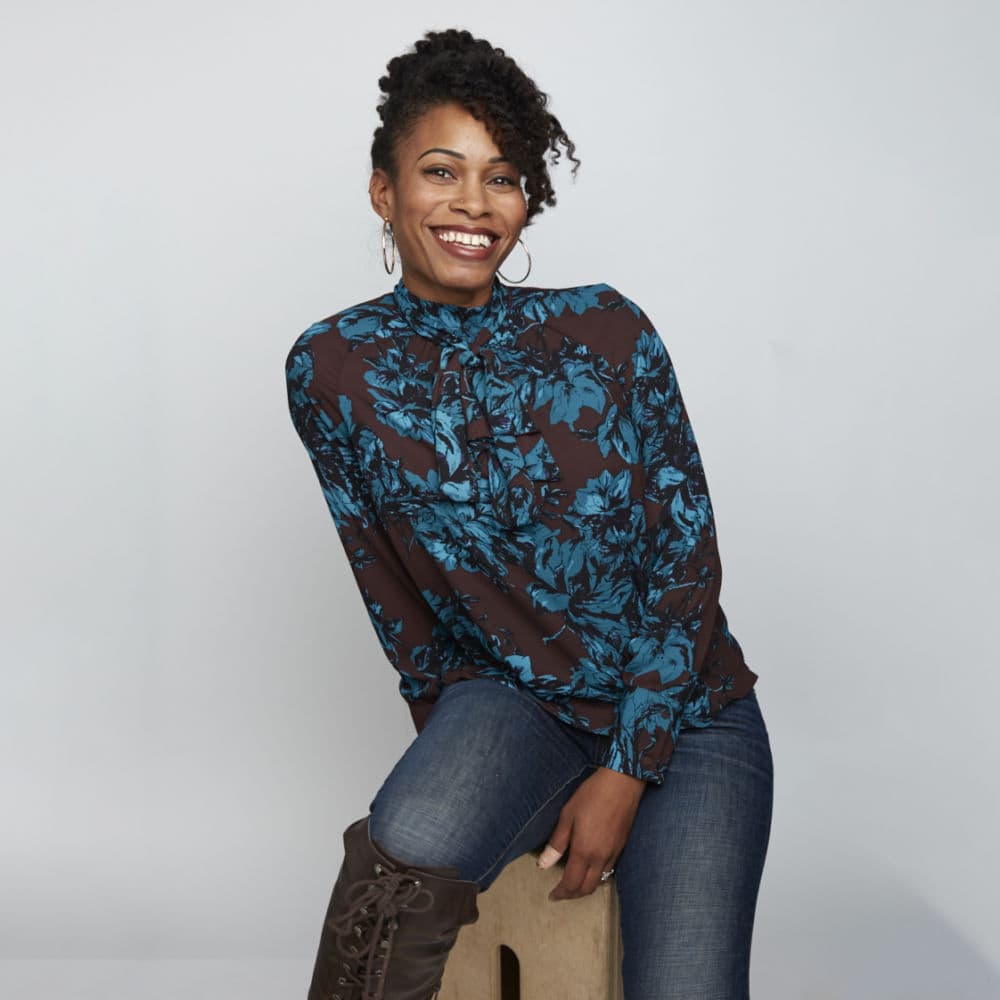Keynote Speeches
Bee Quammie invites us to embrace the power of possibility.
A successful Black woman in media, Bee Quammie often finds herself being cast as a role model for young women—and especially Black women and other women of colour. But Bee has never quite been comfortable with the idea of being a role model for the next generation. Who is she to suggest that there even is a “right” path for many to follow?
When Bee became a mother, the weight of responsibility became even heavier. How to guide without imposing her own agenda? That’s when Bee decided she needed a new model for understanding the role she should play for her children—and anyone else who might be looking to her for inspiration.
Instead of a role model, Bee prefers to think of herself as a possibility model—one example among many of how to live one’s life. She provides ‘words of wisdom on the way to becoming.’ It’s not a prescriptive tome telling what to do in life, but an offering that simply asks you to ask questions of yourself.
But even more important, Bee wants to show how ripe with possibility our lives really are, how many opportunities and avenues there are to explore. There is so much richness to be found in life, even if you end up somewhere that feels unconventional or unplanned.
Based on her 2025 release: The Book of Possibilities, Bee shows us how small acts of bravery and paying careful attention to our inner voice can open up a world of opportunity and lead to a fulfilling life.
What if we didn’t need to be so resilient? Bee Quammie takes a new approach to addressing resilience by outlining the ongoing need to do the work for each other so that there are fewer obstacles to face that require such perseverance.
While it’s meaningful to celebrate the resilience of individuals, we must also push for change in the systems and norms that have made resilience a necessity for many.
For those who face oppression in our society, the burden is not who we are – the burden is living under that oppression. Too often we internalize ideas of deficiency, because of who we are and what we’ve been through, leading to mental health issues and a stunting of societal change.
With this critical lens on resilience, we can direct this energy outwards and be empowered by our ability to take action to change things for ourselves and the world at large.
Key takeaways from this presentation include:
Acknowledge the necessity and importance of building resilience
Recognize how resilience links with oppression
Develop a critical lens on resilience for personal and society gain
As a Black Canadian woman with parents who immigrated from Jamaica in the 80s, ‘diversity’ isn’t just a hot keyword for Bee. From speaking at events centering on Black women and natural hair acceptance, to highlighting little-known facts about Canada’s history, to providing authentic context to the impact that Caribbean people have made in Canada and in pop culture, Bee has her finger on the pulse of the diversity discussion. With change being seen everywhere from media to corporate industries, now is the time to have real conversations so that we can move forward and be better than ever.
When we talk about Black history, we must be deliberate about setting its foundation in Canada.
Black experiences transcend the physical borders that limit them, but we must resist the murky idea of a homogeneous Black community.
We must not try to fit Black Canadians into an assumed African-American template—or, perhaps worse, assuming there is no uniqueness or significance at all. Otherwise, we will be unable to understand the moment we find ourselves in presently, and unable to forge a better future that serves Black people in Canada.
If Blackness across the globe is a kaleidoscope, it’s time to shake things up, turn the lens and really focus on Black Canadian perspectives.
Black history happens year-round and should be explored as such, so while February (or some other month) can definitely be a celebration of our presence, contributions, and progress, it should not be the only time we speak of them. Listen, learn, and find ways to leverage opportunities to continue the enlightenment, and let’s help Black Canadian history and Black History Month to finally evolve.
Everyone should see the brilliance, beauty and complexity that has shaped—and continues to shape—this country.
How do we navigate and stay aware of mental health and wellness while eliminating stigma? For Bee, this topic is personal. As someone who has been transparent about her experiences with depression, anxiety, and postpartum depression, Bee has combatted stigma with openness, encouraging others to do the same.
The word “feminism” can elicit a range of emotions in response. For Bee, one of the best ways to learn and speak about feminism and intersectionality is through pop culture. What does Beyonce add to the feminism discussion? How can we use film to critique and analyze ableism, racism, and sexism? Where are we seeing positive change, and where is there room for improvement? Through a variety of presentation styles, Bee helps to bring these discussions into the light.












Similar Speakers 123